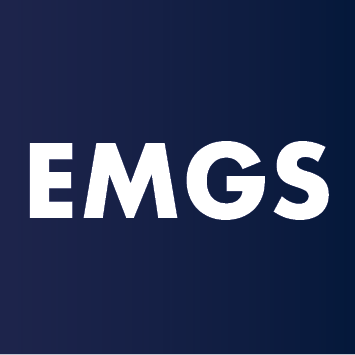The EMGS Consortium discussed a number of the most pressing issues in regard to the EMGS programme under the conditions of the Coronoa crisis. This includes online teaching, mobility tracks, Summer School and the writing of Master Thesis. See here the detailed report of the head of the Consortium, Prof. Matthias Middell.
Dear students,
we hope you had a good time over Easter and you are safe from infection and the most dramatic inconveniences that are related to the current pandemic.
As you all will have learnt at various occasions over the last weeks, such a disease and the political and social reactions to it are a particular challenge to transnational programmes like ours, since most measures are taken with the ‘normal’, i.e. national study programmes in view. We held therefore a virtual meeting of our Consortium the week before Easter to discuss how to deal with the effects of the various national crisis managements with the aim to care for the best for the students of EMGS. I would like to share some of the outcomes with you:
1) At all EMGS places online teaching and learning have started and will replace the contact teaching for the time being. An end of that move to online-tools has not been announced at any of our partner universities, on the contrary for some it has been announced that it will remain in place until the end of the term. And this will certainly apply – regardless of specific national and university regulations – for our programme, as we have to deal with multiple challenges to student mobility, which shall not impact on the participation in the academic programme of EMGS. Online teaching is not a disadvantage for our programme, since it allows us to cope with the situation that students are not necessarily at the place of study and that travel is almost impossible. At the same time, we are amazed by the first experience with your participation in the virtual classes, and we hope that we can make it a semester with the same learning outcome like those in physical co-presence. I would like to express also sincere thanks to all lecturers, who have made an extra-effort to make such an online-semester possible.
2) Our impression from reports across the Consortium is that second year’s students are working well on their Master thesis and get the necessary supervision and feedback. We therefore expect not too many difficulties with the completion of the fourth semester. In case there are difficulties with the access to material for thesis we remind you that there is the possibility to apply for a new deadline by sending an application, which substantiates these difficulties, but we would advise to do so only in June or early July when you know better the situation by then.
3) Evidently, we also do not yet know, how the winter term will develop, since the situation across the Consortium is quite different and open to new directions (for good or worse) taken by governments’ decisions in reaction to Covid-19. What we can do and will do is to monitor these developments very closely and to decide whenever possible how to reorganize mobility tracks if required according to the situation. Please be not too nervous about this issue right now – we assure you that we will find a solution for everyone. It may e.g. be that in some countries the winter term will start a little bit later which will allow for the necessary flexibility, in other cases there might also be online solutions to the postponement pf physical mobility tracks.
4) The Consortium decided to hold this year’s summer school as a virtual one at the same time for which it was originally planned (first week of July). This will avoid uncertainty about the possibilities to travel across Europe and it will secure that students can earn the required credits, will get introduced to the necessary methodologies for the MA-thesis, and will profit from seminars and workshops co-organized by lecturers from different partner universities. And of course, the role of the current crisis for the agenda of Global Studies will figure prominently on the programme. We are very much looking forward to this new format of the Summer Schools and will inform you about the specific procedure soon.
5) For the time being we will also stick to the dates for the graduation ceremony and the related events such as the graduates’ research gathering and the alumni conference planned for end of November.
6) We are well aware that the current situation with the lockdown in many countries might make your financial situation more difficult since some students’ jobs have disappeared and support is given often to national students only or at least first. Be assured, that we are all very active at our respective universities to insist on equal chances for international students and hope we can achieve more to assist you over the next couple of weeks.
7) At the end of this week we will go through the accreditation process by the Zentrale Evaluierungsagentur (ZEvA) – of course also in virtual formats. What looks like a rather technical process has two important facets: the one is to secure the credibility of degrees since only programmes with continued accreditation can count on unlimited recognition of their certificates world-wide. And on the other hand such an evaluation is an important feedback from peers (professors, student representatives, people from related sectors of the labor market) how to improve such a programme, while this advice has its weight across the participating universities. We will keep you informed about the outcome.
Please do not hesitate to inform your local coordinators of our programme or the headquarter of the EMGS-Consortium in Leipzig about difficulties you may face.
Take care and stay healthy.
Yours,
Matthias Middell

